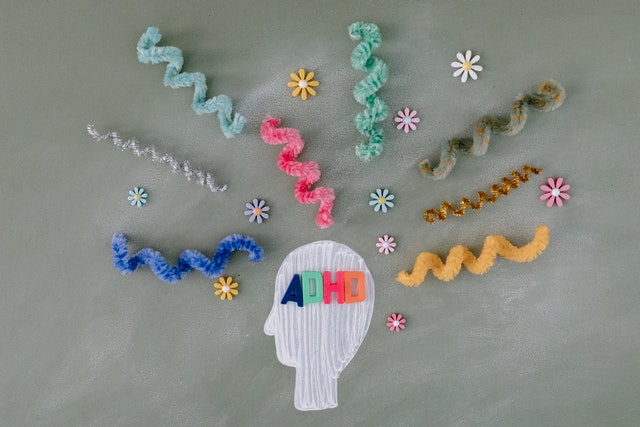 Much has been written about how ADHD is a beneficial and positive trait, and that’s true. Many people who are creative and successful have had ADHD.
Much has been written about how ADHD is a beneficial and positive trait, and that’s true. Many people who are creative and successful have had ADHD.
However, there is another side to ADHD—the side that damages relationships.
Symptoms such as impulsivity, distractedness, and having a lot of energy can be draining on the friends, family, and spouse of a person with ADHD. This is especially true if the person hasn’t yet been diagnosed with the condition. Their loved ones will likely see these behaviors but not understand it’s part of a bigger picture.
Consider how certain aspects of ADHD can damage relationships, and what to do about it.
Constant Distraction
One way in which ADHD damages relationships is when it causes a person to be constantly distracted.
Let’s say you have a loved one who has ADHD, and you need to have a serious talk with them. Instead of listening and being present for the conversation, you can tell their mind is anywhere but with you. Their eyes seem to glaze over, and it’s obvious that their mind is on something else entirely.
Now, that doesn’t mean that they are intentionally being insensitive. It’s just that they have a hard time staying focused.
Since you have noticed your loved one focused and attentive at other times, this distractedness may leave you confused. That’s because when people with ADHD are doing something that really captures their interest, they can be hyper-focused. Unfortunately, that doesn’t apply for everything.
Impulsivity
Another issue that those with ADHD struggle with is impulsivity. They have a habit of saying or doing things that seem to come out of the left field and catch you off guard.
For instance, your loved one probably isn’t the best planner, but they are very spontaneous. That’s an ADHD trait that can be fun.
However, it can also be a double-edged sword. For instance, they may blurt out whatever is on their mind, without thinking of the consequences. The result is that you feel hurt and, over time, repeated actions like that can strain your relationship.
Rejection Sensitivity Dysphoria
This is a lesser-known symptom of ADHD, but it can still contribute to causing problems for a relationship.
Rejection Sensitivity Dysphoria is a condition in which someone with ADHD is overly sensitive to criticism or feeling rejected by other people. This can include those close to them, such as friends, family, and even their spouse or partner.
Why does this occur?
People with ADHD do experience a lot of rejection because of their actions. Those experiences can make them overly sensitive to not wanting others to look at them negatively. That’s because, at some point in their lives, they did experience rejection.
The problem is that they become so attuned to rejection that they struggle with hearing constructive criticism that could be helpful. Thus, they begin to have problems with both professional and personal relationships.
How to Stop the Damage
When ADHD damages relationships it can cause even the strongest of connections to fray. However, we also know a lot about the condition and how to treat it.
The best way to stop the damage and start healing strained relationships is for friends, family, and the spouse of someone with ADHD to encourage them to seek professional help from a therapist. Therapy can put things into context for them, help them sort out their feelings, and explain why these behaviors are happening.
For someone with ADHD who has never been diagnosed or received treatment, it can actually be a relief to know that they are not “crazy” somehow. But that, in reality, there is an explanation for why they have these behaviors. Therapy can also be helpful for loved ones, to express their feelings and better understand what’s happening.
—
If you would like help to reverse any damage done to your relationships because of ADHD, please contact me or learn more about ADHD counseling by clicking HERE.




